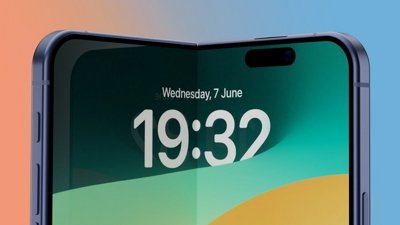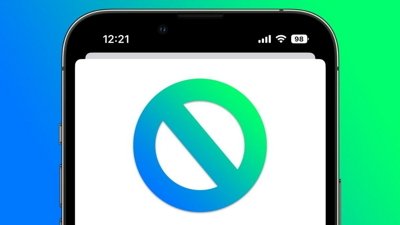Apple plans to launch its coverage for Major League Soccer soon on Apple TV+ and will forgo some traditional advertising practices.
Major League Soccer starts February 1 on Apple TV+, kickiing off a decade-long relationship. Fans can subscribe for $14.99 per month, or $99 per season, via the Apple TV app.
Existing Apple TV+ subscribers can add the MLS Season Pass to their subscription for $12.99 per month or $79 per season.
On the advertising side, Bloomberg says that Apple reportedly hasn't been looking for buyers of individual ad spots during MLS games. Instead, the company is asking advertisers to buy a season-long series of placements that will run during the games.
Apple also has yet to guarantee advertisers that they will reach a certain number of viewers, which is standard practice in traditional television. Two sources further said that the company isn't accepting ads from sports-betting companies, at least in the beginning. Ads from other categories, such as credit cards, alcohol, and car rentals, also won't be allowed.
So far, Apple has been selling three MLS sponsorship packages. The most expensive — Gold — costs about $4 million per season and includes the playoffs and integrations, such as sponsoring a "Player of the Match." The other two packages, Silver and Bronze, cost around $3 million and $1.5 million per season, respectively.
Apple has been working on expanding its $4 billion advertising business, and could potentially reach $6 billion by 2025. But the company needs to balance its ambitions with its privacy-respecting image, which can often be at odds with personalized advertising.
Internally, one person familiar with the ad business says Apple doesn't have the same ambitions for its ad arm as Meta or Google and doesn't plan to build a vast ad network beyond its ecosystem.
 Andrew Orr
Andrew Orr







 William Gallagher
William Gallagher
 Malcolm Owen
Malcolm Owen
 Christine McKee
Christine McKee
 Wesley Hilliard
Wesley Hilliard
 Thomas Sibilly
Thomas Sibilly
 Marko Zivkovic
Marko Zivkovic
 Andrew O'Hara
Andrew O'Hara
 Amber Neely
Amber Neely








3 Comments
If you don't want it, don't pay for it.
What I find interesting about this is the change Apple is making to the advertising model: it's looking for companies trying to raise (or emphasise) brand awareness. Long-term partners, you might say. But the key metric for such advertisers is the number of eyeballs their content reaches; if Apple is not willing to guarantee numbers (and really, they're in no position to make such a claim) it's going to be a harder sell.
But as with Apple TV+, it's a strategic move - Apple has fixed, or at least predictable, costs and can afford to build its revenues slowly. Ensure customers are satisfied and making a long-term commitment and then revenues become predictable as well, at which point profitability becomes a straight-forward task. We all know how well Apple iterates on product refinement.